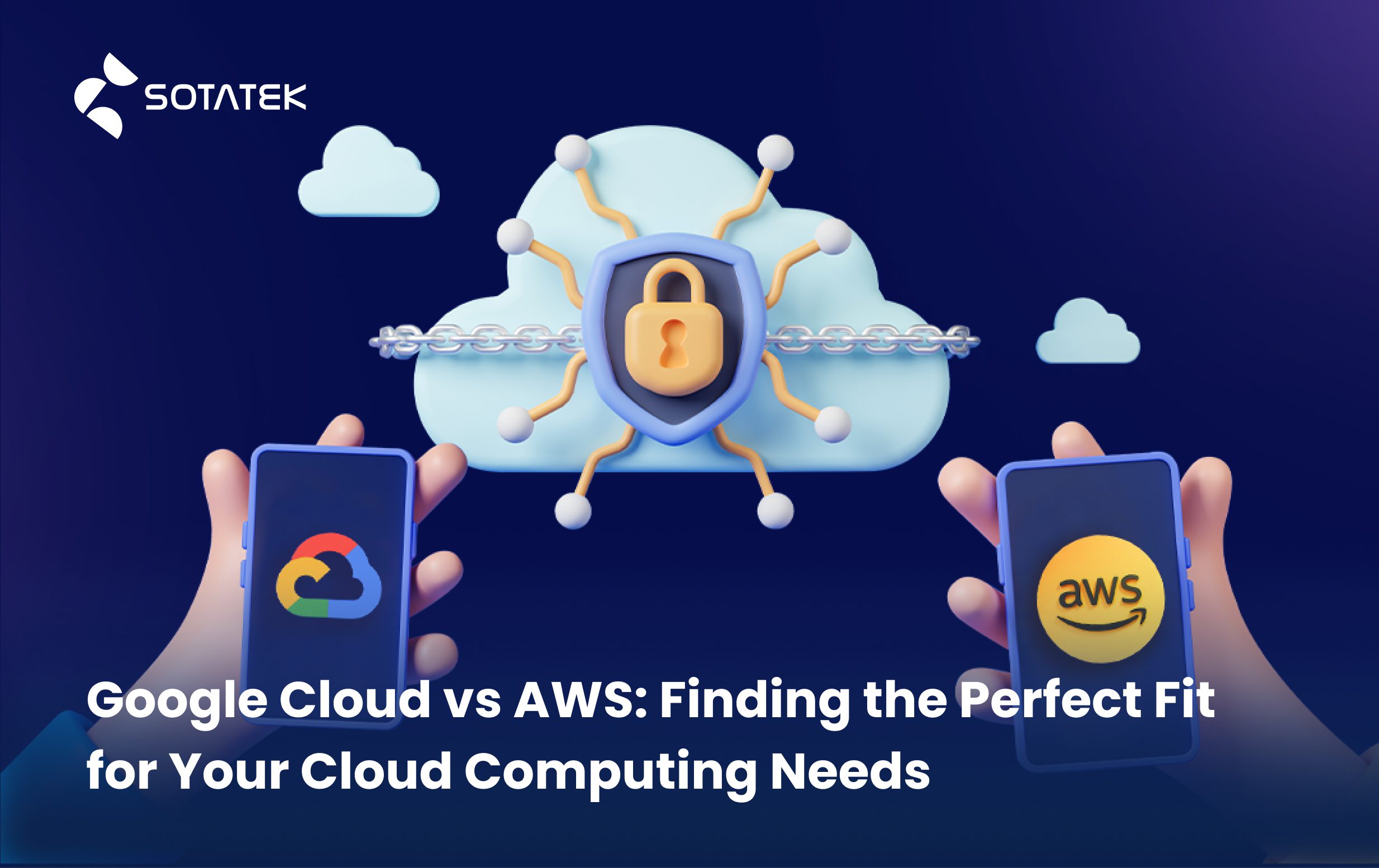“Why would I need to know these things? The tech consultants hired would have the responsibility to tell me anyway?” The thing is that a high-converting eCommerce site is deeply rooted in its business core. And that business core of yours is only you to understand inside out. The consultants might be right with their experiences in the field. But it is vital for in-house managers to have a decent understanding of the tech side to know whether the solutions proposed are fit for the business’s nature. Now let’s get started with the five most important tips to select an eCommerce platform that you should notice to determine if it is right for your business.
1. Total Cost of Ownership
Planning your eCommerce website is no easy job, especially when it comes to the budgeting process. Whatever the solutions it provides, the platform should be cost-effective per the business’s financial situation in the long run. Forrester had produced a report that showed that almost half of all eCommerce projects assessed had a Total Cost of Ownership (TCO) that was higher than predicted. And this is where the decision-makers should take notice as it could be getting complex with the business growth.
TCO encompasses the initial implementation as well the annual license, maintenance, hosting, team size, third-party software subscription cost over the years. As there are so many cost factors to take into consideration, it could be pretty complex to compare TCO figures across different eCommerce platforms. For example, Magento Open Source at first glance could be cheaper than Magento Commerce since there is no initial licensing cost or monthly licensing fee. However, the development costs for a project using Magento Open Source could be much more costly, as the website could require various third-party tools to provide functionality that is included as standard in Magento Commerce.

The process of budget optimization is one of the most vital tips to select an eCommerce platform. The website could require various third-party tools to provide functionality that is included as a standard version.
For this reason, it is necessary for businesses to specify their requirements to optimize the budget for the project before joining a consultant process. The more detailed your business goals for both short and long terms, the more accurate solutions could be provided by your technology partners.
2. Features
The next tip to select an eCommerce platform is to consider its features. Will your business is solely online, or brick and mortar operated, or both? Your unique situation will dictate the features necessary to run your store efficiently. If you’re selling in a physical location, choosing a platform with the point of sale (POS) options is essential. In these instances, it is advantageous for sellers to consolidate offline and online commerce enablement hardware and software to one provider.
Certain features can help make an eCommerce site easier to use for clients and simple to oversee from the proprietor’s perspective. For example, the eCommerce platform’s dashboard will be something you interact with on a daily basis, making it of utmost importance. Processing orders, managing inventory, generating discount codes, and producing reports are all potential capabilities accessible via an eCommerce dashboard. Or the eCommerce platform you choose should have themes that are mobile-friendly, or at the least have mobile-friendly checkout screens. This way, you can be sure customers will have an optimized checkout experience whether they purchase from a desktop, smartphone, or tablet.
3. Integrations
Although most platforms offer significant functionality in and of themselves, it is plugins and integrations that can ramp up its performance. Most platforms have numerous additional tools that can help run your business smoother and easier. But every eCommerce platform comes up with different sets of plugins. Before picking up a platform, make sure it has all the plugins that you’re looking for. Moreover, if you already use specific tools and are happy with the way they work, make sure to check if they can be integrated with the platform or have viable alternatives.

Although most platforms offer significant functionality in and of themselves, it is plugins and integrations that can ramp up its performance.
Keep in mind that addons can often impact your expenses dramatically. Some platforms might be free like WooCommerce or relatively inexpensive like Shopify to get started with, but once you add in all of the premium components in the form of plugins, you end up paying more in the long run.
4. Scalability
Every leader started their company with the expectation that it would grow, and expand, and breed more revenue – and some even expect their businesses to grow beyond their wildest imaginations. Increased growth results in increased orders and, in turn, increased customer support needs – all of which must be handled in time. And businesses can not expect shoppers to wait for a system upgrade. This is why decision-makers should think of a scalable platform that can manage to grow with the companies.
Although picking a simple platform will help you launch an online store fast, it is most likely to result in having to manage several websites. In turn, this will drive your admin workload up and lead to inconsistencies in prices and offerings. Sooner or later, you will have to migrate to a more robust platform to manage all the stores, so it is much better to start with a quality solution from day one. This is one of vital tips to select an eCommerce platform, take note!
5. 24/7 Support
When things go wrong and believe us, things can go wrong. Will the vendor provide you with the necessary support to help you resolve the problem or issue? Always look out for vendors that offer 24-hour emergency support and can be contacted through different channels, including email, webchat, and phone.
You need to make sure the platform you are using will not have any technical issues, which can potentially influence the customer experience. Online customers value their smooth and false-free online experiences on top of their priority. You would not want them to leave negative reviews about your services and to damage your brand value just because of the inadequate technical response.
Now you know what to look for at a high-performing eCommerce platform. The process of research and evaluation might be cumbersome. But it is worth it when you can visualize how the eCommerce platform will look to fit in with your business requirements.
SotaTek is known as a Leading US web development company delivering a full range of cost-effective eCommerce website design services for planning, developing, and executing online stores of all sizes. Our experienced team of offshore remote developers builds scalable, modern eCommerce websites using the most cutting-edge tech solutions for forward-thinking businesses. If you’re interested in leveraging our trusted eCommerce website development outsourcing services for your venture, send us a quick message today!



























